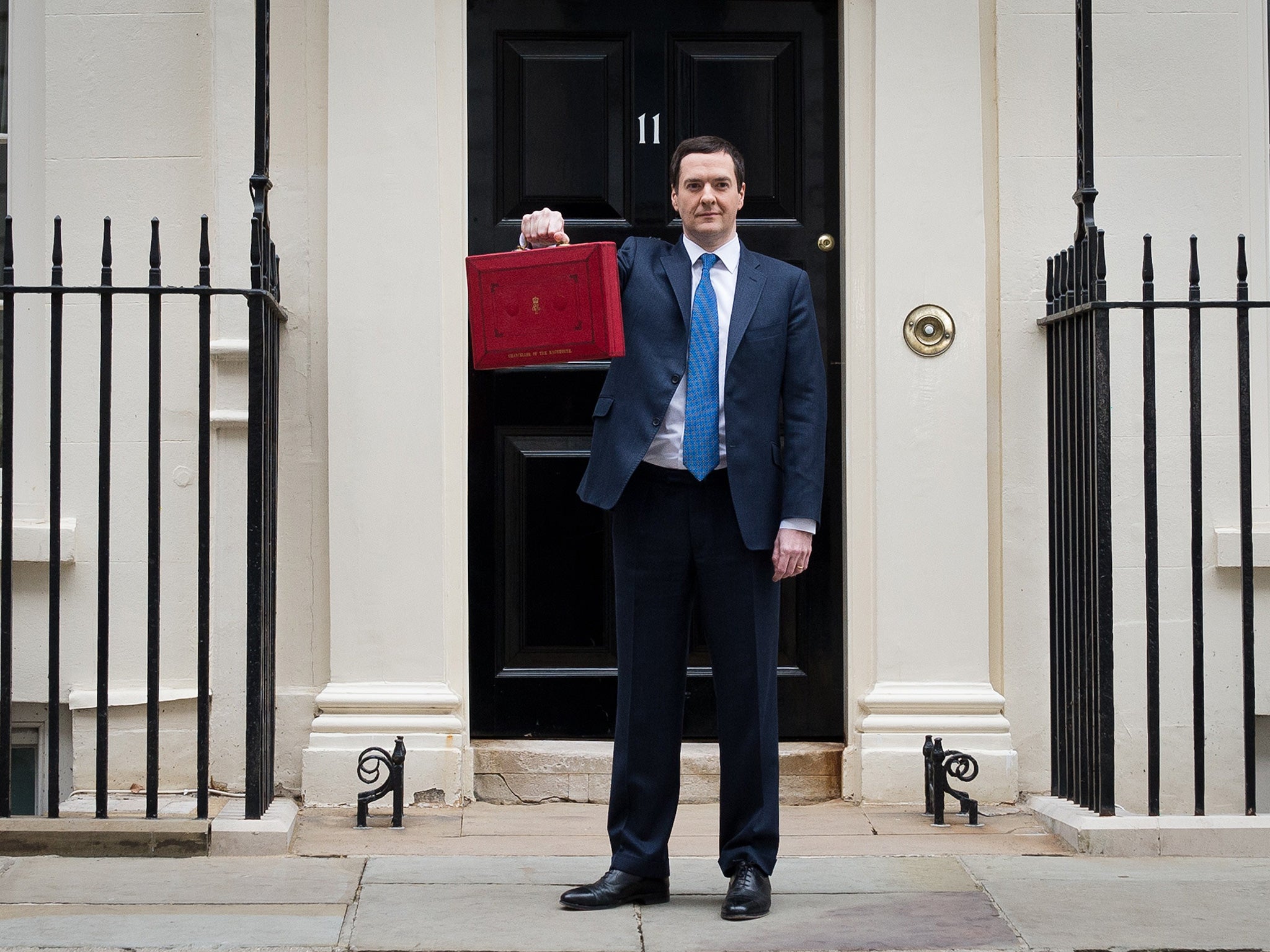It’s the economy, stupid. But neither Labour or the Tories are really keen to discuss it
Even though Labour feels it can finally talk about its plans vs the ones the Tories offer, in reality, the party doesn’t want to talk about money. This suits the Tories too.

Your support helps us to tell the story
From reproductive rights to climate change to Big Tech, The Independent is on the ground when the story is developing. Whether it's investigating the financials of Elon Musk's pro-Trump PAC or producing our latest documentary, 'The A Word', which shines a light on the American women fighting for reproductive rights, we know how important it is to parse out the facts from the messaging.
At such a critical moment in US history, we need reporters on the ground. Your donation allows us to keep sending journalists to speak to both sides of the story.
The Independent is trusted by Americans across the entire political spectrum. And unlike many other quality news outlets, we choose not to lock Americans out of our reporting and analysis with paywalls. We believe quality journalism should be available to everyone, paid for by those who can afford it.
Your support makes all the difference.Good news for anyone fed up with the in-depth examination of how many kitchens Ed Miliband has and which one he uses when.
This week’s Budget should mean that for a few days Westminster will be busy with a serious debate about what the main parties want to do with the economy.
But will we really get that good a debate this close to an election? All the signs are that George Osborne is focusing on the key groups and messages needed to get his party over the line.
The Chancellor will please the grey vote that trudges faithfully to the polling stations at every election by allowing those who already have pension annuities to exchange them for a lump sum. And he’s expected to announce tax cuts for working-class voters, including an increase in the personal allowance and a cut in beer duty. That last set of measures is designed to show lower-income voters that the Tories are on their side, an attempt to move on from the claim that they want to take Britain back to the 1930s. This dramatic comparison wasn’t correct, but it nevertheless stuck.
It also gave Labour the opportunity to attack the Conservatives as “extreme”, warning of the risks of voting for their opponents, even though their supporters out-poll them on the economy. That’s why Mr Osborne will try this week to offer a more “user-friendly” Conservative party.
But even though Labour feels it can finally talk about the difference between its plans and the ones the Tories offer, in reality, the party doesn’t want to spend too much time talking about money. Better to focus on the NHS and other areas where Labour is ahead and will energise the party’s voters to come out and support it, rather than risk reinforcing worries about whether Messrs Balls and Miliband have learned from the mistakes of the past.
Thus even a day spent fielding questions about Ed’s kitchen(s) is better than a day talking about the economy. Labour strategists privately say the reason they are happy to bore everyone to tears with TV debates is that at least it takes the discussion away from the Tories boring voters into submission with their “long-term economic plan” chant.
This suits the Tories too, because although they like to talk at people about the economy, they’d rather not have an extensive debate about it.
Mr Osborne has failed to meet his own targets on deficit reduction, and most of the spending cuts pain is yet to come.
Giving too much detail about what this means for public services is something neither party wants as it would involve uncomfortable admissions about the police force, defence spending and welfare.
It could be that the scale of cuts to welfare in particular may go beyond what voters – normally rather hungry for reductions to this budget – will think decent. It could only take a few more poorly designed cuts such as the “bedroom tax” to spark a change in attitudes to benefit cuts.
Neither party wants to dwell too much on the detail of what the next four years would look like because to do so would scare voters. Either Labour will worry them with talk of more borrowing and a suggestion that it just can’t quite keep a hold on the public finances, or the Tories will have to admit that some of the things to be cut are things that their voters quite like, such as the military and the police.
Better, then, for both parties to get the Budget over and done with and spend the next few weeks doing photocalls and sniping about who has the most kitchens. But that isn’t better for the voters. We are told the Tories have a long-term economic plan and Labour has a better vision for Britain’s future, but neither really want to spend too much time explaining.
So it’s a choice between political trivia or political vagueness. I’m not sure which is worse.
Join our commenting forum
Join thought-provoking conversations, follow other Independent readers and see their replies
Comments